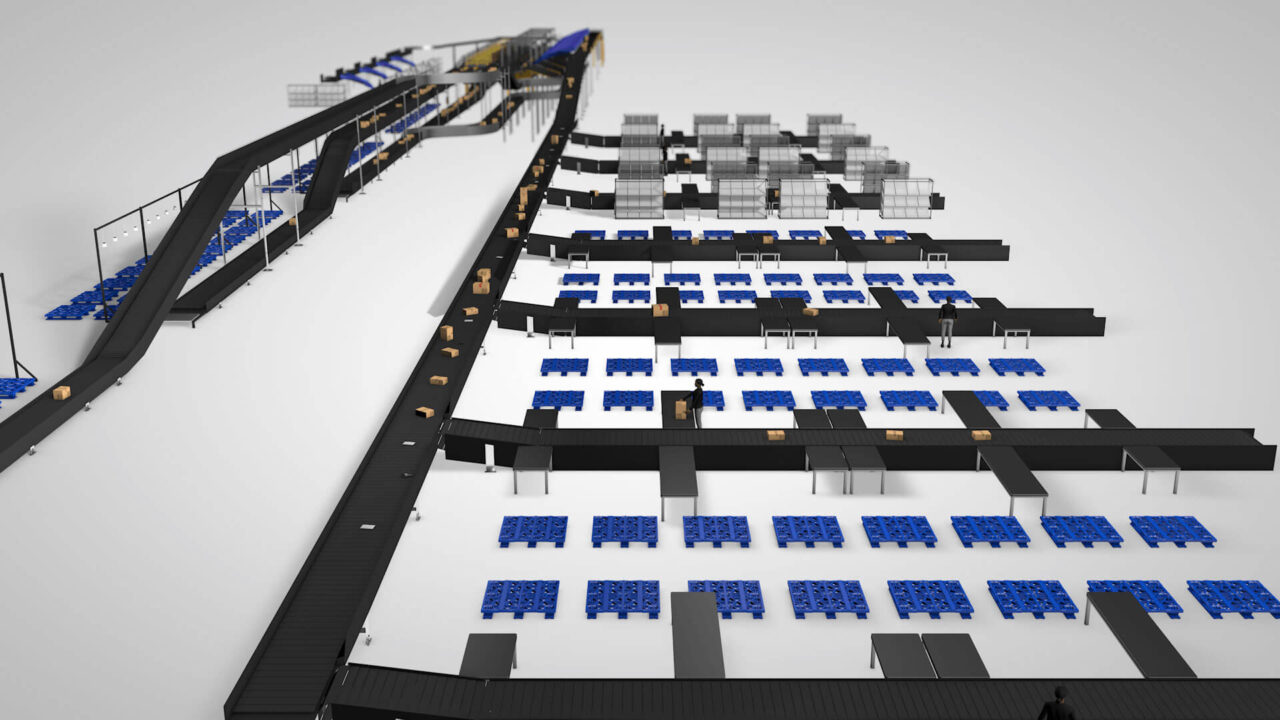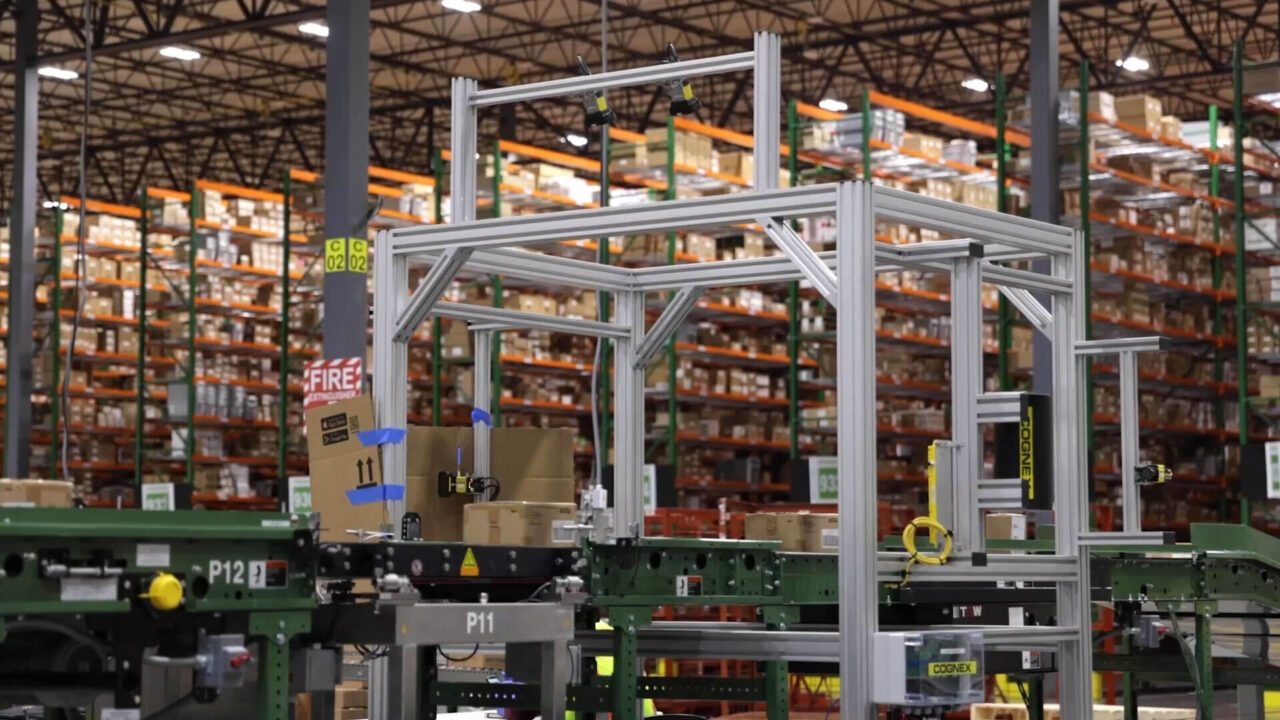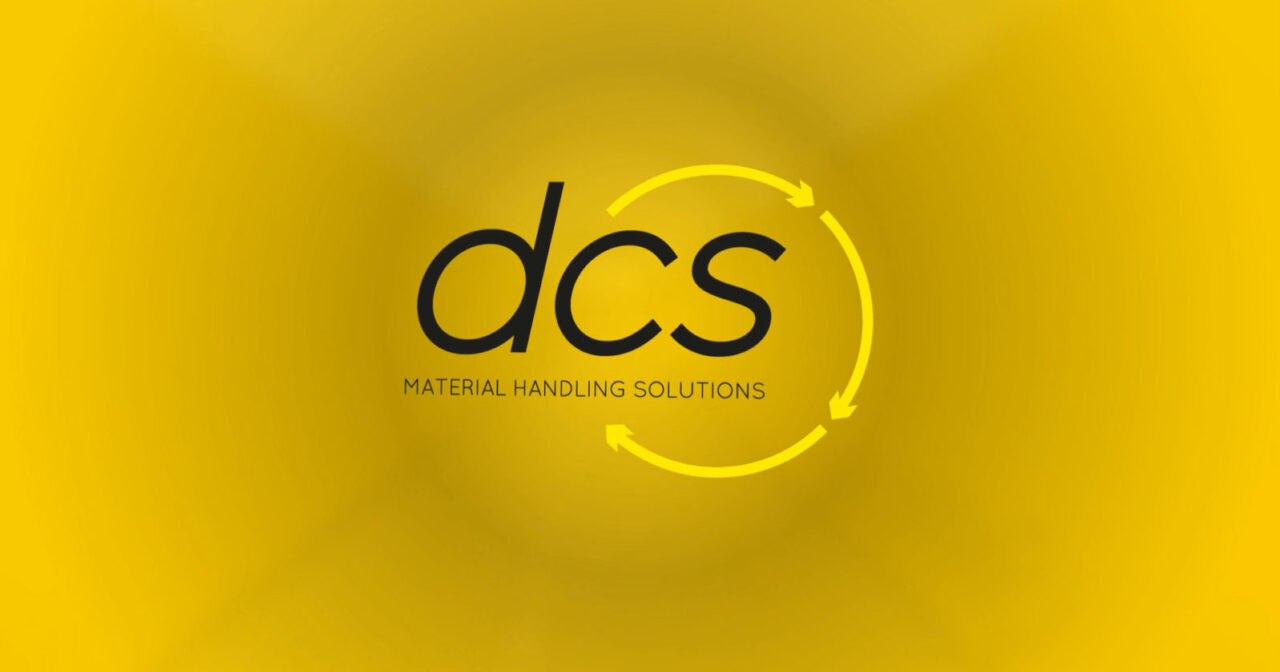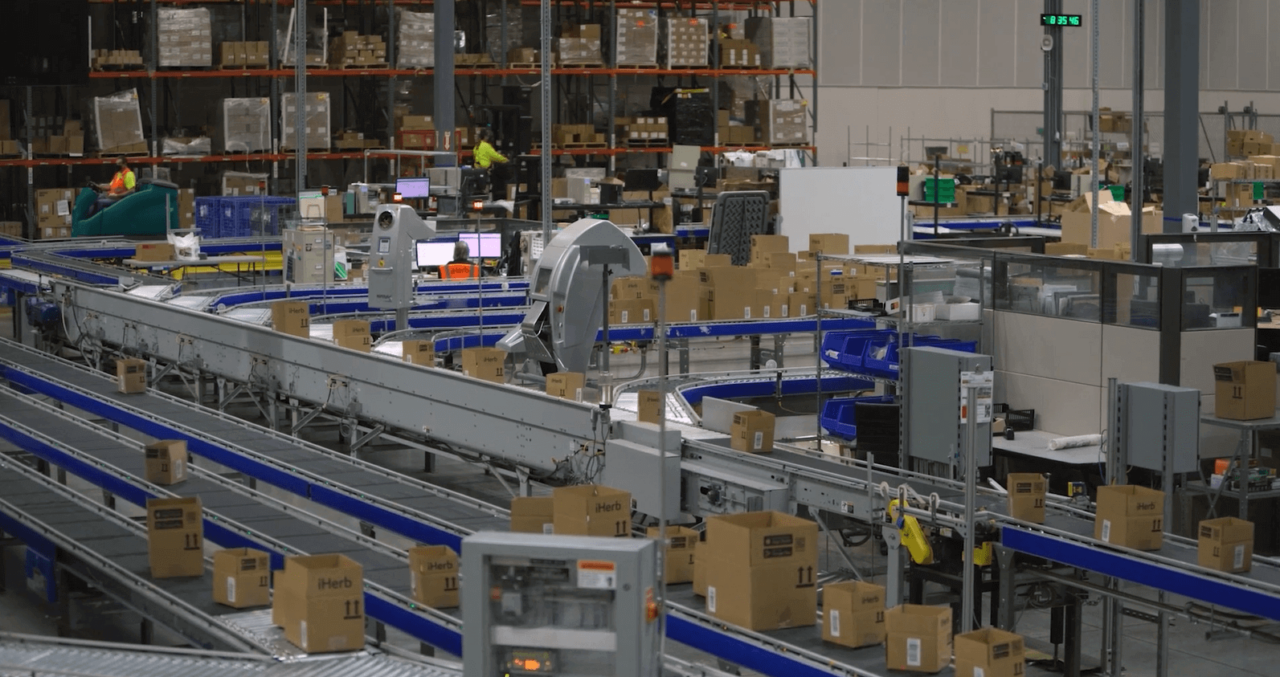When your facility has a problem (or multiple problems), you might think you know why – but aren’t sure. That’s a great time to consider engaging a consultant to perform an operational assessment. Before being engaged to do one, I’m often asked a lot of questions about this type of independent evaluation, what it entails, and what value it offers. Therefore, I’ve compiled a list of the most frequently asked questions to help you gain a better understanding of the process and the key takeaways your company can expect from an investment in it.
What is an operational assessment? (Definition)
An operational assessment is an analysis that evaluates an operation’s current processes, equipment, software, systems, layout, personnel, inventory mix, handling practices, and more to identify opportunities for improvement. Some companies, particularly those selling material handling equipment and systems, will offer to perform an assessment for free, in hopes of selling you a solution that will solve all your problems. When you hire an independent, brand agnostic consultant to conduct an operational assessment, you get an unbiased opinion with recommendations for process changes as well as types of solutions, but not for specific equipment.
How is an operational assessment initiated?
Initially, there’s a conversation – usually a phone call, or, in this age of social distancing a video call – between the operations management team and the consultant to discuss the business. Shared information typically includes the type of operation, the market it’s in, the customers it serves, the history of the facility, the evolution of its processes, and the current situation (or problem). From this conversation, the project scope will be defined and agreed upon, and a time and date will be set for an on-site evaluation to be performed by the consultant.
What happens during the on-site evaluation?
Typically, the assessment evaluates only what’s taking place within the four walls of a single facility. Depending on the scope of the operational assessment, the consultant might spend anywhere from one to five days on-site. While there, the consultant will tour the facility, review the current layout and use of space, observe different processes, interview key managers and supervisors, and speak with personnel on the floor for insights into their day-to-day tasks.
What is the final deliverable of an operational assessment?
Most consultants provide a written report of recommendations that they personally review with the operations management team. These reports detail the observations and findings, as well as delineates a prioritized list of action items that address the opportunities for improvement identified within the operation.
What do the recommendations typically include?
Typically, recommended action items serve as a type of roadmap to improvement. The report outlines a strategy, often suggesting changes initially be made to an existing process or workforce allocation that can make a big difference without requiring a significant capital investment. The report also recommends metrics to monitor in order to measure and quantify the improvements.
How are the recommendations prioritized?
Frequently, a suggested sequence of changes is included in the operations assessment report, starting with the simplest (people and process management) to the most expensive (an investment in equipment, software, or systems), in order of priority. When an investment in equipment is advised, the consultant will often include an expected expenditure range based on solutions currently available in the marketplace. This helps the operations management team determine what fits within an existing budget, or how to structure future system buying plans.
What other benefits does an operational assessment offer?
For operations that were considering making a substantial investment in material handling equipment, an operational assessment provides unbiased, independently analyzed information that can justify such an expenditure. Alternately, the assessment may recommend alternative solutions that are less expensive but equally effective, saving the company from making an expensive mistake. Further, for organizations that already had a fairly solid idea of what areas would benefit the most from improvements – and their strategy to address those changes – an operational assessment conducted by an unbiased third-party can provide validation of those determinations or generate an alternative idea that perhaps hadn’t been considered previously. Finally, some companies take the findings of an operational assessment conducted at one facility and apply those same recommendations at other operations for similar benefits – without engaging the consultant to perform separate on-site evaluations.
Does the consultant ever re-visit the operation at a later date for a follow up?
Absolutely. The consultant who performed the original operational assessment is often invited back 12-24 months later to check the homework. For example, if management has implemented the recommended people and process changes and has documented positive results, the operation may want confirmation that a subsequent investment in a suggested technology is still advisable. Conversely, perhaps there have been significant changes in the operation since the original assessment, such as a shift in the type of product mix being handled or customer base served. In these situations, a company may invite the consultant back to reevaluate the process and update the initial recommendations. Finally, a consultant might be engaged at a later time to help the operation assess different possible software, equipment, or system solutions and determine which one is best suited for the unique application.
Is an operational assessment expensive?
When compared to spending $1 million or more on an investment in equipment, the cost of an operational assessment is relatively inexpensive. Generally, depending on the scope of the engagement, operations assessments require roughly 120 to 150 hours of consulting time; at a cost of $250/hour, that equates to $30,000 to $37,500.
Hopefully this list of frequently asked operations assessment questions has given you greater insight into the process and its value. If you have additional questions that I did not answer in this post, however, please don’t hesitate to contact me. I’d be happy to provide additional answers.
Looking for more ideas on how to improve your facility’s operational performance? To learn more about working with DCS, connect with us.
_
Author
 Mark Kidwell, Director of Supply Chain Consulting, markk@designedconveyor.com
Mark Kidwell, Director of Supply Chain Consulting, markk@designedconveyor.com
With over 35 years in the material handling industry, he is able to provide valuable solutions for our clients regarding operations and process improvement, labor efficiency, DC design, and inventory management consultation.









 Mark Kidwell, Director of Supply Chain Consulting,
Mark Kidwell, Director of Supply Chain Consulting,